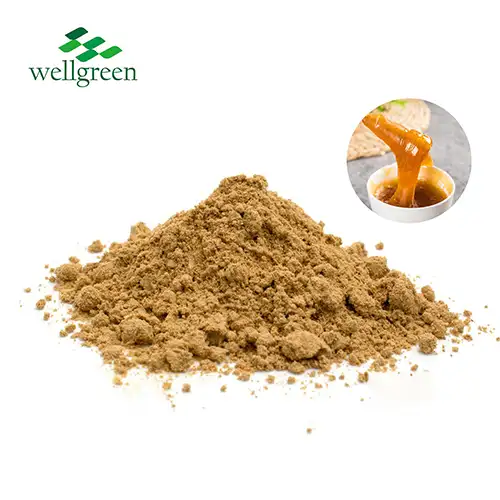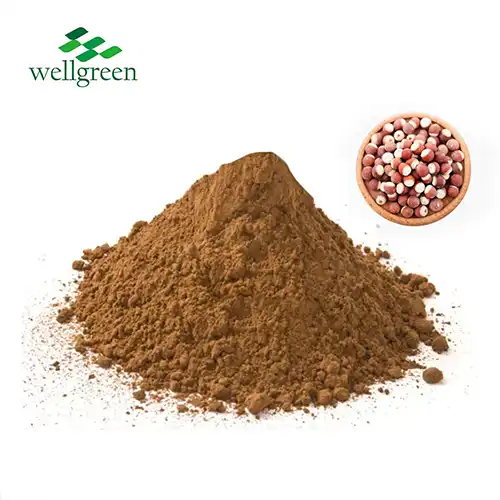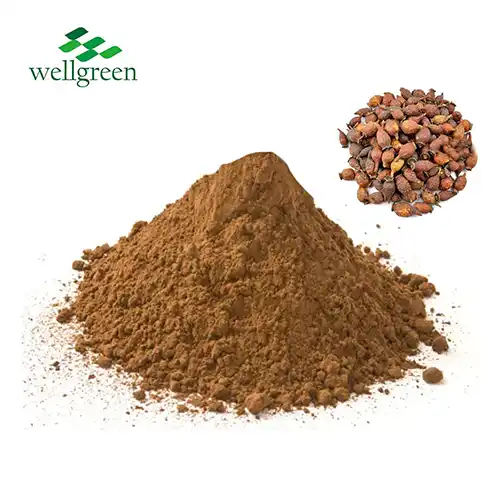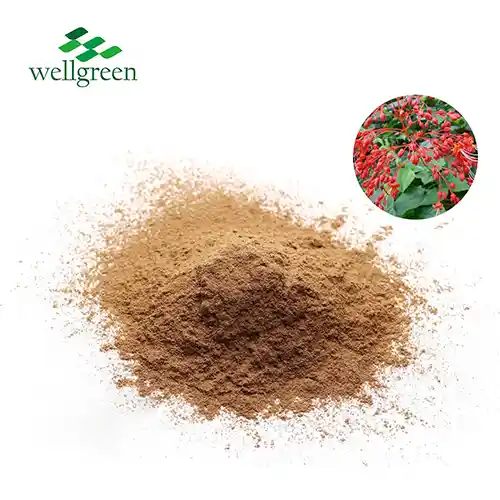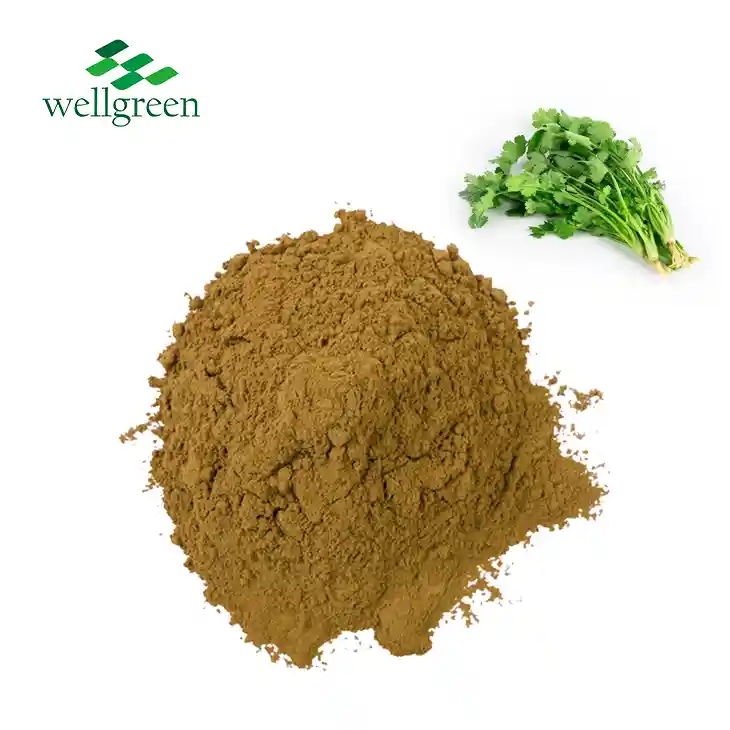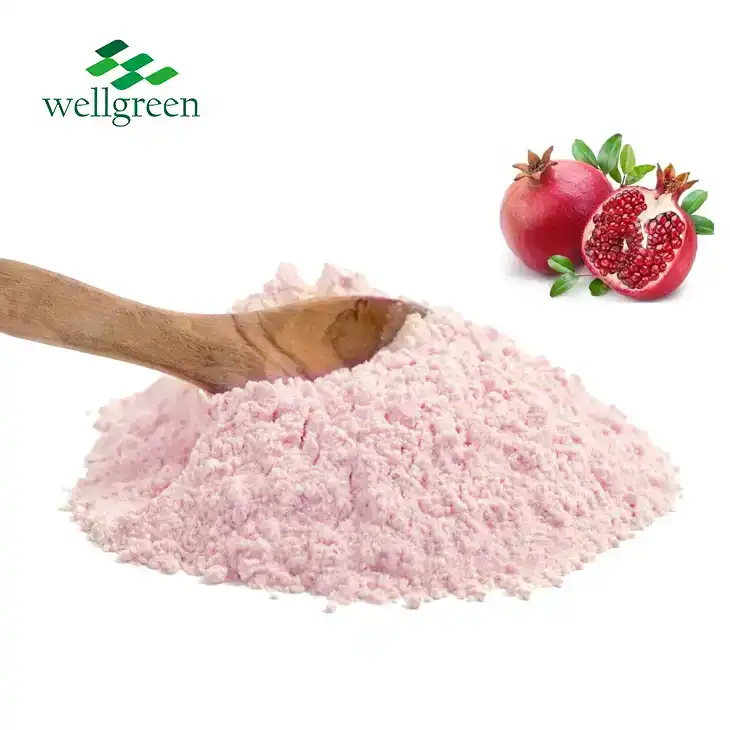Why Organic Matcha Powder Is Packed with Antioxidants?
2025-09-05 15:01:59
Organic matcha powder is renowned for its exceptionally high antioxidant content, making it a powerhouse of health benefits. This vibrant green tea, made from shade-grown tea leaves ground into a fine powder, contains a unique combination of polyphenols, particularly catechins. The cultivation and processing methods used for organic matcha preserve these beneficial compounds, resulting in a concentrated source of antioxidants. The primary catechin in matcha, epigallocatechin gallate (EGCG), is known for its potent antioxidant properties. Additionally, the whole-leaf consumption of matcha ensures that you receive the full spectrum of antioxidants present in the tea leaves, unlike traditional green tea, where only water-soluble components are extracted.

Key Polyphenols and Catechins in Matcha
EGCG: The Powerhouse Antioxidant
Epigallocatechin gallate (EGCG) is the most abundant and well-studied catechin in matcha. This powerful antioxidant has been linked to numerous health benefits, including cancer prevention, weight management, and cardiovascular health. Organic matcha powder contains significantly higher levels of EGCG compared to other teas, making it an excellent choice for those seeking to maximize their antioxidant intake.
Other Catechins and Their Roles
While EGCG takes the spotlight, organic matcha powder also contains other important catechins such as epicatechin (EC), epigallocatechin (EGC), and epicatechin gallate (ECG). These compounds work synergistically to provide a wide range of health benefits. EC, for instance, has been associated with improved blood flow and reduced risk of heart disease, while EGC and ECG contribute to the overall antioxidant capacity of matcha.
Flavonoids and Their Antioxidant Properties
In addition to catechins, 100% matcha powder contains other flavonoids that contribute to its antioxidant profile. These include quercetin, kaempferol, and myricetin. These compounds have been shown to possess anti-inflammatory and anti-carcinogenic properties, further enhancing the health-promoting effects of matcha. The combination of these flavonoids with catechins creates a powerful antioxidant blend unique to pure matcha powder.
Mechanisms of Oxidative Stress Reduction
Free Radical Scavenging
One of the primary ways organic matcha powder combats oxidative stress is through free radical scavenging. The antioxidants in matcha, particularly EGCG, neutralize harmful free radicals in the body. These unstable molecules can damage cells and contribute to various diseases and premature aging. By donating electrons to free radicals, the antioxidants in matcha effectively neutralize them, preventing cellular damage and reducing oxidative stress.
Enzyme Activation and Inhibition
The antioxidants in pure matcha powder also work by modulating enzyme activity in the body. They can activate enzymes that promote detoxification and cellular repair, such as glutathione peroxidase and catalase. Conversely, these compounds can inhibit enzymes that contribute to oxidative stress, like xanthine oxidase. This dual action helps maintain a balanced oxidative state in the body, protecting cells from damage and supporting overall health.
Metal Chelation
Another mechanism by which organic matcha powder reduces oxidative stress is through metal chelation. Certain antioxidants in matcha can bind to metal ions like iron and copper, which can catalyze harmful oxidation reactions in the body. By sequestering these metal ions, matcha's antioxidants prevent them from participating in oxidative reactions, further protecting cells from damage. This chelating ability contributes to matcha's overall antioxidant capacity and its potential to prevent chronic diseases associated with oxidative stress.
Health Benefits of Antioxidant-Rich Matcha
Cardiovascular Health Support
The high antioxidant content in 100% matcha powder offers significant benefits for cardiovascular health. Regular consumption of matcha has been associated with reduced risk of heart disease and improved lipid profiles. The catechins in matcha, particularly EGCG, have been shown to lower LDL cholesterol levels and increase HDL cholesterol, promoting a healthier cardiovascular system. Additionally, the antioxidants in matcha may help reduce inflammation in blood vessels and improve their function, potentially lowering the risk of hypertension and atherosclerosis.
Cognitive Function Enhancement
Antioxidant-rich organic matcha powder may also contribute to improved cognitive function and neuroprotection. The combination of L-theanine and caffeine in matcha has been linked to enhanced attention, memory, and reaction time. Moreover, the potent antioxidants in matcha, especially EGCG, have shown promise in protecting neurons from oxidative damage and may help prevent neurodegenerative disorders like Alzheimer's and Parkinson's disease. Regular consumption of pure matcha powder could potentially support long-term brain health and cognitive performance.
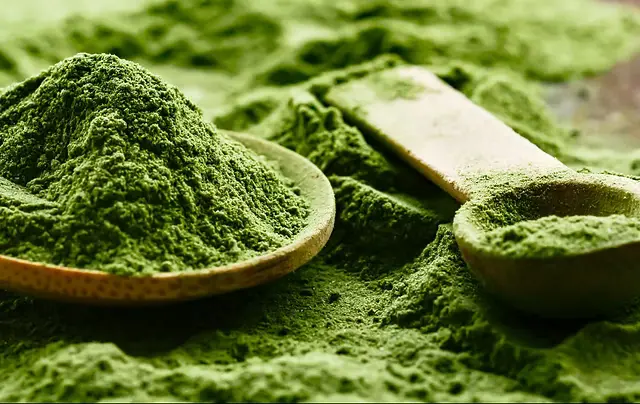
Cancer Prevention Potential
The high concentration of antioxidants in matcha, particularly catechins, has garnered attention for its potential role in cancer prevention. Numerous studies have suggested that the EGCG and other polyphenols in matcha may inhibit tumor growth, induce cancer cell death, and prevent the formation of new blood vessels that feed tumors. While more research is needed to understand the cancer-fighting properties of matcha fully, its antioxidant-rich profile makes it a promising addition to a cancer-preventive diet. The combination of various antioxidants in organic matcha powder may offer synergistic effects in protecting cells from malignant transformation and supporting overall health.
Conclusion
Organic matcha powder stands out as a remarkable source of antioxidants, offering a wide array of health benefits. Its unique composition of catechins, particularly EGCG, along with other polyphenols and flavonoids, creates a potent antioxidant profile. Through mechanisms such as free radical scavenging, enzyme modulation, and metal chelation, matcha effectively combats oxidative stress in the body. The resulting health benefits, including support for cardiovascular health, cognitive function, and potential cancer prevention, make pure matcha powder a valuable addition to a health-conscious lifestyle. By incorporating high-quality, 100% matcha powder into your diet, you can harness the power of these antioxidants and potentially improve your overall well-being.
Contact Us
Ready to experience the antioxidant-rich benefits of organic matcha powder? Contact Xi'an Wellgreen at wgt@allwellcn.com to learn more about our premium matcha products and how they can enhance your health and wellness journey.
References
1. Weiss, D. J., & Anderton, C. R. (2003). Determination of catechins in matcha green tea by micellar electrokinetic chromatography. Journal of Chromatography A, 1011(1-2), 173-180.
2. Kochman, J., Jakubczyk, K., Antoniewicz, J., Mruk, H., & Janda, K. (2021). Health Benefits and Chemical Composition of Matcha Green Tea: A Review. Molecules, 26(1), 85.
3. Xu, P., Ying, L., Hong, G., & Wang, Y. (2016). The effects of the aqueous extract and residue of Matcha on the antioxidant status and lipid and glucose levels in mice fed a high-fat diet. Food & Function, 7(1), 294-300.
4. Pervin, M., Unno, K., Ohishi, T., Tanabe, H., Miyoshi, N., & Nakamura, Y. (2018). Beneficial Effects of Green Tea Catechins on Neurodegenerative Diseases. Molecules, 23(6), 1297.
5. Gan, R. Y., Li, H. B., Sui, Z. Q., & Corke, H. (2018). Absorption, metabolism, anti-cancer effect and molecular targets of epigallocatechin gallate (EGCG): An updated review. Critical Reviews in Food Science and Nutrition, 58(6), 924-941.
6. Dietz, C., Dekker, M., & Piqueras-Fiszman, B. (2017). An intervention study on the effect of matcha tea, in drink and snack bar formats, on mood and cognitive performance. Food Research International, 99, 72-83.

